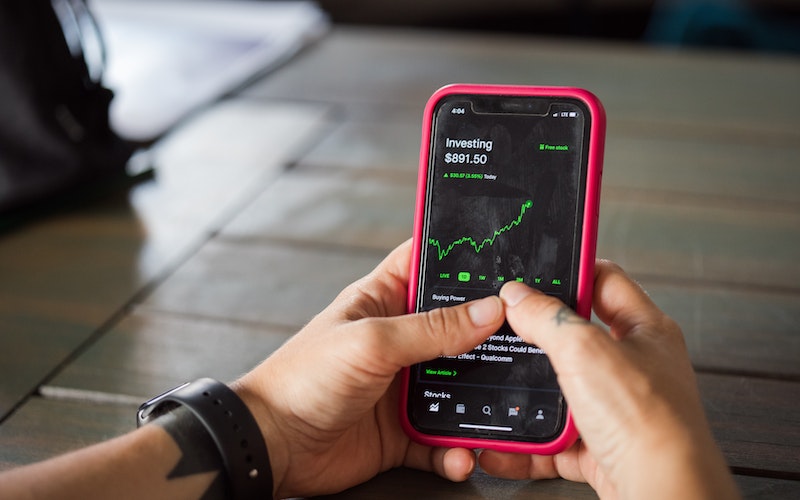Introduction
Inflation, it’s that silent financial predator that sneaks into our lives without a warning. In this blog, we’re diving into the world of inflation, exploring its implications for your personal finances, and uncovering strategies to safeguard your wealth. The Finance Guest Post Write For Us category is where you can share your thoughts.
Decreased Purchasing Power
Inflation, the silent financial predator that lurks in the shadows, quietly eroding your purchasing power. While it may be a term often tossed around in economic discussions, its implications for your personal finances are far-reaching. Inflation refers to the gradual increase in prices of goods and services, slowly chipping away at the value of your money over time.
Imagine having a fixed monthly income while the cost of everyday essentials keeps climbing. This scenario epitomizes inflation’s impact on your purchasing power. As prices rise, your money’s ability to buy goods and services diminishes. Inflation isn’t just an abstract economic concept; it’s a direct hit on your wallet.
Reduced Savings and Investments
Beyond the reduced purchasing power, inflation also takes a toll on your savings and investments. Parking your hard-earned money in traditional savings accounts or low-yield investments might not be enough to outpace inflation’s relentless climb. This means that, despite earning interest on your savings, the real value of your money is shrinking. Diversifying investments into options with higher returns becomes a crucial strategy.
Impact on Loans
Interestingly, inflation can be a double-edged sword. For those in debt with fixed interest rates, inflation can serve as an unexpected ally, effectively reducing the real value of their debt over time. However, this scenario favors borrowers with fixed-rate loans, not those with variable rates.
Housing and Loan Affordability
Inflation doesn’t stop at personal finances; it extends its influence into housing and loans. As the cost of living rises, so do house prices and real estate. This can make entering the housing market or upgrading your home a more challenging endeavor. Additionally, if inflation prompts higher interest rates, loans become costlier, impacting your borrowing capacity.
Wage stagnation
Moreover, wage stagnation can become a reality when salaries fail to keep pace with the rising cost of living. While inflation may encourage workers to demand higher wages, it doesn’t always result in a salary boost, leaving individuals struggling to maintain their standard of living.
Mitigating the Inflation Impact
Despite the looming presence of inflation, you’re not defenseless. There are few steps you can undertake to protect your finances:
1. Invest wisely:
Diversify your investments, considering options that offer returns higher than the inflation rate, such as stocks, bonds, or real estate.
2. Budgeting:
Craft a budget that accounts for inflation and adjust your spending habits accordingly. You should prioritize essential expenses and cut back on non-essentials.
3. Save and invest in tax-advantaged accounts:
Contribute to retirement accounts, which provide tax benefits and potential growth to combat inflation’s effects.
4. Stay informed:
Keep an eye on economic trends, inflation rates, and government policies that could impact your personal finances. This knowledge empowers you to make informed decisions and adapt your financial strategies as needed.
The Bottom Line
Inflation may be a silent financial predator, but you possess the tools to weather the storm. By investing smartly, budgeting sensibly, and staying informed, you can navigate the challenges it presents. Your financial stability and future prosperity are worth safeguarding, even in the face of the sneaky inflation monster. So, gear up and let your wealth thrive, regardless of what inflation throws your way.




